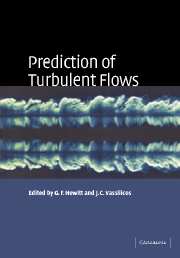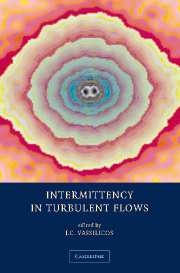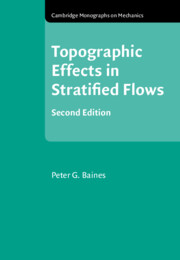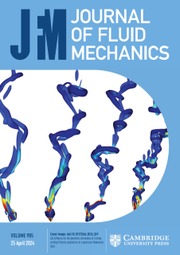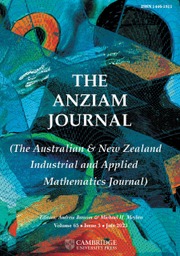Prediction of Turbulent Flows
The prediction of turbulent flows is of paramount importance in the development of complex engineering systems involving flow, heat and mass transfer, and chemical reactions. This book emerges from a major program at the Isaac Newton Institute in Cambridge, England. Utilizing modern computational fluid dynamics techniques, it reviews current approximation methods and their applicability to various industrial problems.
- Contains contributions from top CFD researchers and practitioners
- Addresses the current needs of the expert CFD community
- Contains lots of illustrative material including colour figures
Reviews & endorsements
"The contents of this book range from a discussion of the structure and dynamics of turbulent flows to the modeling of such flows under the influence of buoyancy and stratification, in combustion systems and in boundary layers...By its breadth and combination of theory and practice, this book complements existing textbooks on fluid mechanics."
Bernar J. Geurts, MATHEMATICAL REVIEWS
"The book presents a more measured view than a conference proceedings volume of unrelated papers can possibly do and also presents a much broader picture than some recent books with one or two authors." -Peter Bradshaw, Standford University. AIAA Journal
Product details
October 2005Adobe eBook Reader
9780511128707
0 pages
0kg
58 b/w illus. 16 colour illus.
This ISBN is for an eBook version which is distributed on our behalf by a third party.
Table of Contents
- 1. Introduction G. F. Hewitt
- 2. Turbulent flows: their structure and behaviour J. C. R. Hunt, N. D. Sandham, J. C. Vassilicos, B. E. Launder, P. A. Monkewitz and G. F. Hewitt
- 3. The modelling of turbulent flows affected by buoyancy and stratification B. E. Launder
- 4. Turbulent flames W. P. Jones
- 5. Boundary layers under strong distortion J. F. Morrison
- 6. Direct and large eddy simulation N. D. Sandham
- 7. Multiphase flows G. F. Hewitt and M. W. Reeks
- 8. Guidelines and criteria for the use of turbulence models in complex flows J. C. R. Hunt and A. M. Savill.

